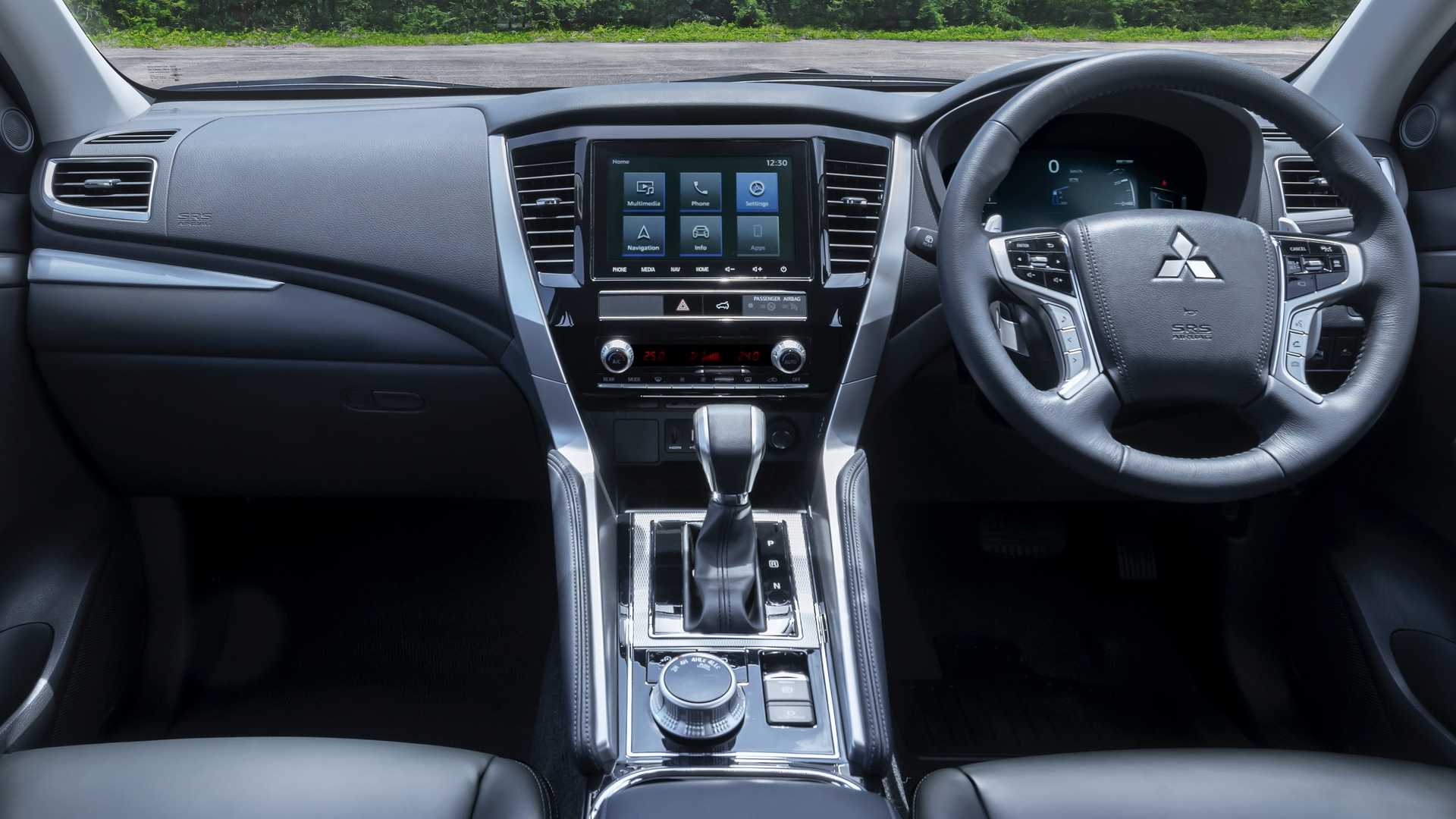Mitsubishi Pajero: A chassis-based medium SUV
Pajero, Montero, Shogun...When you hear of these names, you may consider
Mistubishi add newcomers to its product list once again. But actually, these three
separate name refers to the same car, Mitsubishi Pajero. Montero and Shogun are
the two nicknames Pajero used in the Iberian Peninsula and the British Isles.
Mitsubishi is always considerate in treating its international customers, which could
be reflected on its use of brand names. It seems that I have gone too far. Now
let's get back to the topic.
Pajero has a small body, but it's perfectly compatible with the high chassis inherited
from the Mitsubishi L200 pickup truck. Again you could find some L200 elements
in Pajero's styling, though the front fascia is not the same. The spare wheel on
the back is missing. The windows shrink, and the roofline looks straight. Both of
them give Pajero a sportier look. Judging from its appearance, it looks faster
than before.
Entering inside, you will explore a new world. The interior is awfully different.
Plastic wooden trims, plastic dashboard and interior door panels are the benefits
that Pajero rewarded in this update. The central console also takes plastic. The
cabin has a good figure in length. Only 5 seats is offered. The rear seat passengers
may feel disppointed for the insufficient legroom. But even for the above-average
ones, this defect still exists.
The powertrain could bring the Pajero under spotlight. The combination of a 2.5-litre
turbodiesel and a 5-speed manual transmission eliminated the lack of power.
A low-range stick stays beside. It's a pity that Pajero didn't inherit the intelligent
traction system from its predecessors. A 4×4 on-demand system, paired with
both rear and all-wheel drive without a center differential is available. There is
an automatic version on the option list. A 3.0-litre V6 unit is on sale in some
specific markets.


Comments
Post a Comment